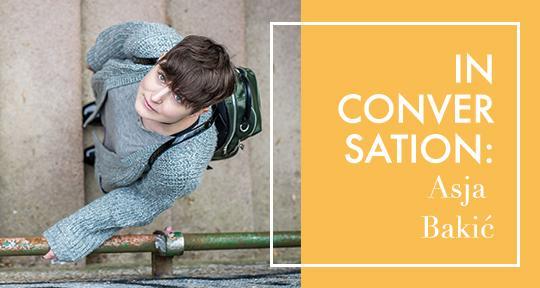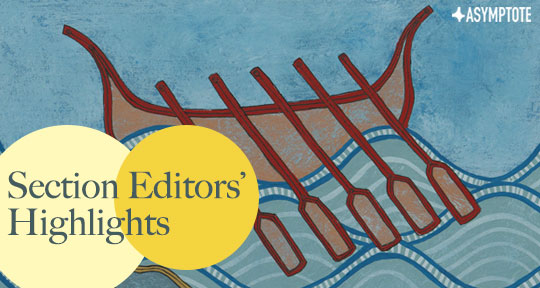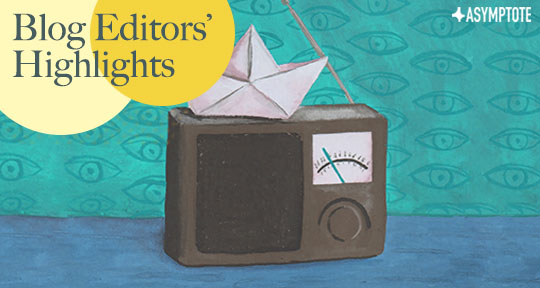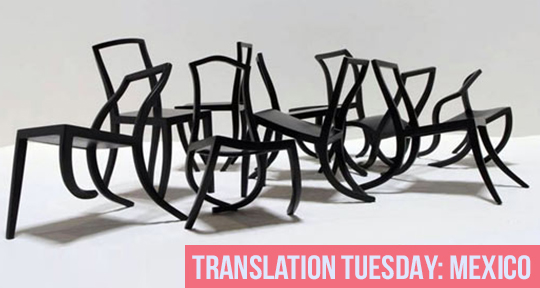An impactful feature of “The Fox-Terrier” is the way in which the opening paragraph throws the boundary between fiction and nonfiction into doubt as the narrator mentions a personal detail which is also true of the author: that he has written a book called La revolución en bicicleta, which the real-life Mr. Giardinelli published in 1980. Although Mr. Giardinelli asserts that “The Fox-Terrier” is purely fictional, the use of this true detail as a framing device for the untrue narrative which follows lends the story’s climax a chilling believability. The reader is left wondering, Could it be that this terrible thing really happened? This question leads, in turn, to a larger consideration of human nature and its capacity for cruelty, and the way human evil returns again and again throughout history “like a neverending Piazzolla tango.”
—Translator Cameron Baumgartner
In This is Not the End of the Book, a conversation about books and reading by Umberto Eco and Jean-Claude Carrière, the authors mention a story by Restif de la Bretonne, a French novelist from the eighteenth century whom I haven’t read, that is similar to a story my father used to tell, and which in 1980 I almost included in my book La revolución en bicicleta.











